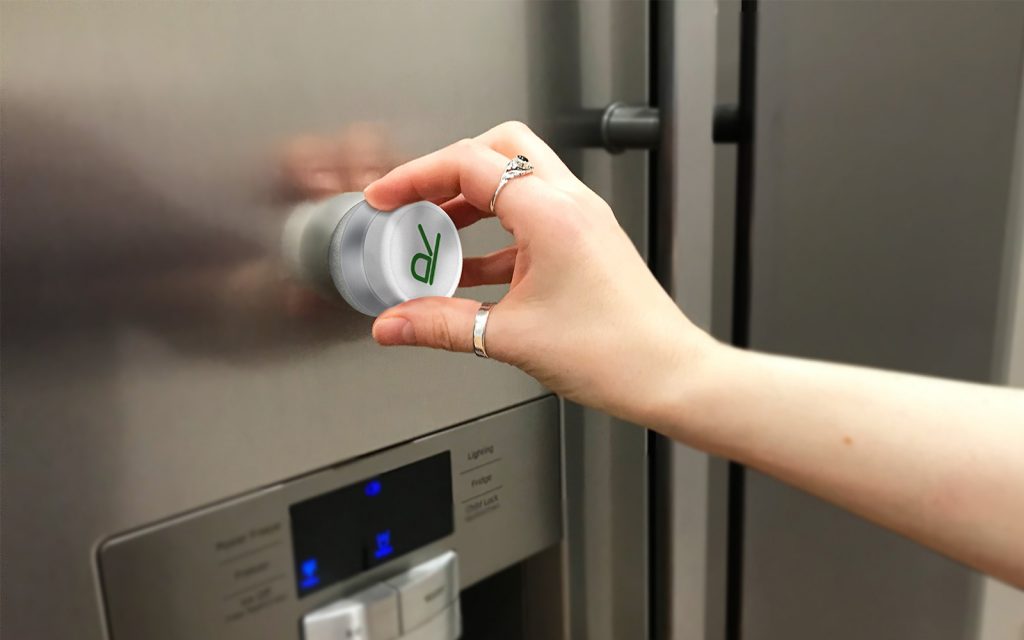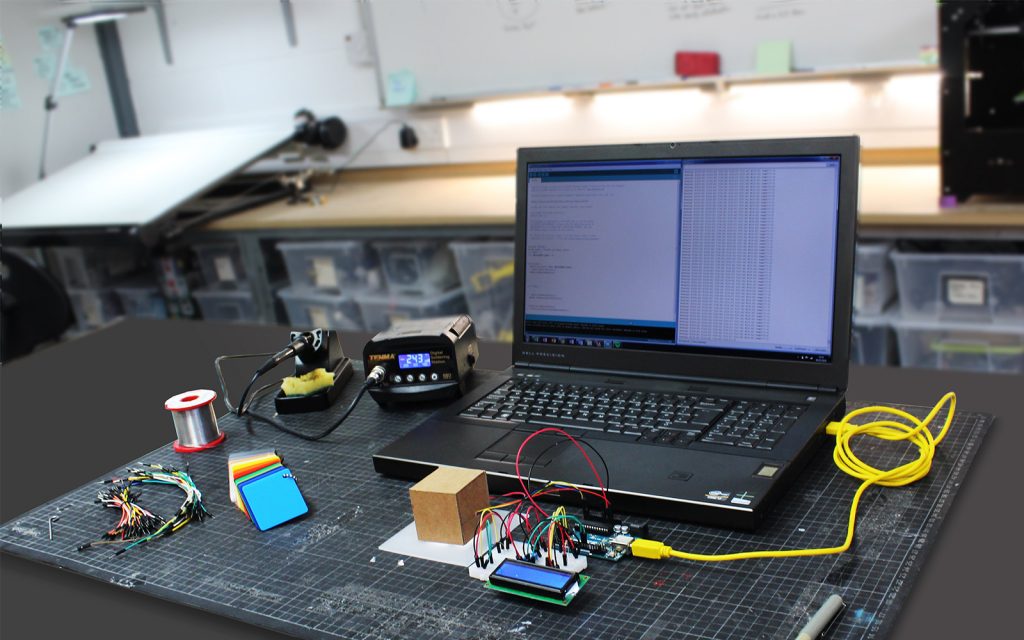The R.I.D, a Pocket-Sized Device That Detects Recyclable Material
By reducing research and leg work, this device makes eco efforts easier

While statistics on recycling vary, the consensus remains that we do not do enough (collectively or individually). The reasons range from improper sorting to ignored or unknown classifications, but one product could ease the burden of sorting and empower the broader population to recycle with results. UK-based Cohda Design Works recently unveiled the R.I.D, a handheld device that can identify recyclability simply by being pressed against a material.

“The concept was developed in response to a statistic that the UK has currently plateaued at a recycling rate of around 44%, with a target to be at least 50% of waste recycled by 2020,” Jack Hands, a designer at Cohda, says. “Upon conducting interviews with a variety of consumers, there seemed to be a confusion over what could and couldn’t be recycled. As the plastic used in packaging varies from product to product dependent on suitability, price and manufacture processes, there is a difficulty in understanding which type of plastic has been used. An educated recycler may reference the plastic resin codes (the varying numbers imprinted onto the mould) before making this decision, however, even knowing the plastic used isn’t enough.”

Using the R.I.D couldn’t be easier: press the device against the exterior of the object you’re hoping to recycle. Then, the device uses “NIR spectroscopy” to “clearly identify appropriate recyclable and non-recyclable materials.” If the material is recyclable, an LED ring around the device glows green; if it isn’t, it glows red. This determination is made by referencing the material’s reaction to NIR: “When a material encounters NIR radiation, different bonds within the material absorb varying wavelengths along the spectrum, giving the material a unique ‘digital fingerprint’ or absorption pattern, regardless of the products size, shape or color.”

The R.I.D concept also calls to mind the key inhibitors when it comes to accessing information on recycling: internet connection or a smartphone. To keep up to date on the newest regulations, the R.I.D will require frequent updates. And, to prevent users from having to sync their device with a computer or a mobile app, an RFID key-tag will be placed on exterior recycling bins by a public authority. The next time the user ventures out to dispose of their recyclables they can tap the R.I.D to the tag to update it.
While the R.I.D is still a concept, Hands assures its reality isn’t far off. “We have reached a point of urgency, with a need for a change that could be implemented immediately,” he says. “Although R.I.D does not eliminate the use of plastics, it shifts us to a more circular economy requiring minimum changes to existing processes and infrastructure.”
Images courtesy of Cohda












